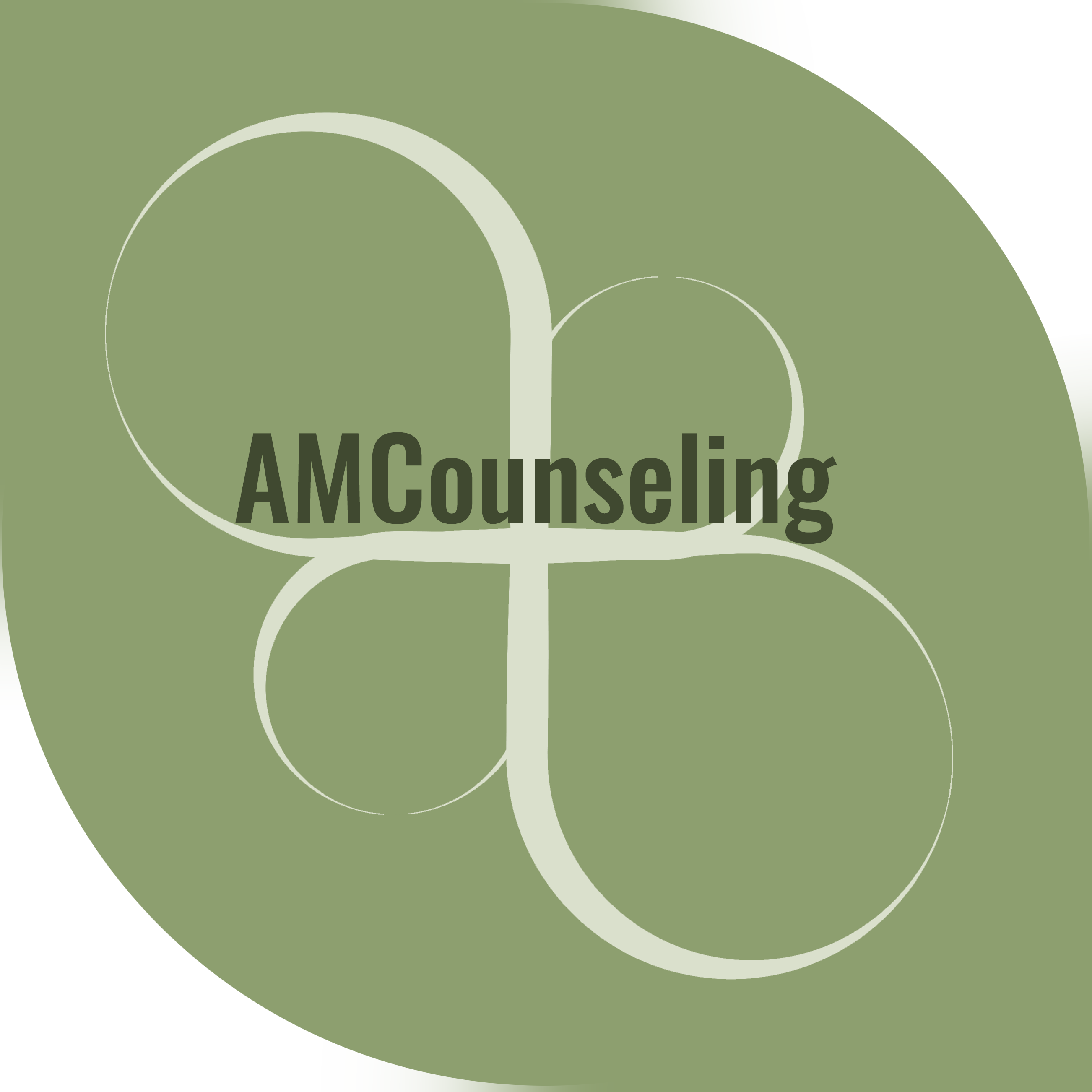Emotional abuse is a deeply harmful, yet often overlooked, form of abuse that can manifest in various relationships, including both romantic partnerships and friendships. Unlike physical abuse, which leaves visible marks, emotional abuse inflicts invisible scars that can have long-lasting effects on a person’s mental and physical health. This blog will explore what emotional abuse is, how it can manifest in relationships, its impact on your well-being, and offer two ways you can support yourself as you prioritize your needs and reclaim your life.
What is Emotional Abuse?
Emotional abuse, also known as psychological abuse, involves the use of words, actions, and behaviors to control, belittle, isolate, or otherwise harm another person. It is a pattern of behavior that seeks to undermine an individual’s self-esteem and mental well-being. Emotional abuse can be subtle, making it difficult to recognize, but its effects are no less damaging than other forms of abuse.
Manifestations of Emotional Abuse in Romantic Relationships
In romantic relationships, emotional abuse can take many forms, often starting subtly before escalating over time. Some common signs include:
Constant Criticism and Belittling: An emotionally abusive partner may constantly criticize you, belittling your achievements, opinions, or appearance. This persistent negativity can erode your self-confidence and make you feel unworthy.
Gaslighting: This manipulative tactic involves making you doubt your perceptions, memory, or sanity. Your partner may deny events, twist facts, or accuse you of being overly sensitive to control and confuse you.
Isolation: An abuser may try to isolate you from friends and family, controlling your social interactions and making you feel dependent on them for support.
Emotional Manipulation: Emotional abusers often use guilt, shame, or fear to manipulate you into doing things their way. They may use your vulnerabilities against you or create drama to keep you off balance.
Emotional Abuse in Friendships
Emotional abuse is not limited to romantic relationships; it can also occur in friendships. Toxic friendships can be just as damaging, if not more so, because we often don’t expect such behavior from our friends. Here’s how emotional abuse can show up in friendships:
Passive-Aggressive Behavior: A friend who uses sarcasm, backhanded compliments, or other passive-aggressive tactics may be emotionally abusive. These behaviors can make you feel belittled or confused about their intentions.
Withholding Support: An emotionally abusive friend may withhold emotional support, dismiss your feelings, or invalidate your experiences. They might minimize your problems or make you feel guilty for needing help.
Manipulation and Control: Just like in romantic relationships, a toxic friend may manipulate or control you, perhaps by guilt-tripping you into doing things for them or making you feel obligated to maintain the friendship.
The Impact of Emotional Abuse on Your Well-Being
The effects of emotional abuse can be profound, impacting both your mental and physical health. Mentally, you may experience anxiety, depression, low self-esteem, and a pervasive sense of worthlessness. Emotionally abusive relationships can lead to chronic stress, which, over time, can manifest physically as headaches, digestive problems, sleep disturbances, and even heart disease.
Living in an environment of constant emotional turmoil can weaken your immune system, making you more susceptible to illnesses. Additionally, the toll emotional abuse takes on your mental health can make it difficult to concentrate, make decisions, or engage in daily activities, further diminishing your quality of life.
Supporting Yourself: Two Strategies Beyond Self-Care and Therapy
When you’re working to overcome emotional abuse, and put yourself first, self-care and therapy are often recommended—and for good reason. However, there are other crucial steps you can take to empower yourself and regain control of your life.
- Establish Boundaries
One of the most powerful ways to protect yourself from emotional abuse is by setting clear and firm boundaries. This involves deciding what behaviors you will no longer tolerate and communicating these boundaries to the people around you. It might mean limiting contact with an abusive person or cutting them out of your life entirely. Boundaries help you reclaim your autonomy and create a safe space where you can heal and grow.
- Cultivate Healthy Relationships
Surrounding yourself with supportive, nurturing people can help counteract the effects of emotional abuse. Seek out friendships and connections with individuals who respect your boundaries, validate your feelings, and uplift you. These positive relationships can provide a buffer against the negativity of an abusive relationship and remind you of your worth. By prioritizing healthy relationships, you’re creating a network of support that reinforces your decision to put yourself first. To explore more about patterns in relationships, https://amandamaurocounseling.com/patterns-in-relationships-steps-toward-change-and-growth/
Emotional abuse is a serious issue that can profoundly affect your mental and physical health. Recognizing the signs of emotional abuse in both romantic relationships and friendships is the first step toward healing. As you work to reclaim your life, remember that setting boundaries and fostering healthy relationships are powerful tools that can help you move forward. By prioritizing your needs and well-being, you can break free from the cycle of abuse and create a life where you feel safe, respected, and valued. If you would like to discuss this topic more with a therapist, https://amandamaurocounseling.com/contact-form-amcounseling/
Photo by Savannah B. on Unsplash

